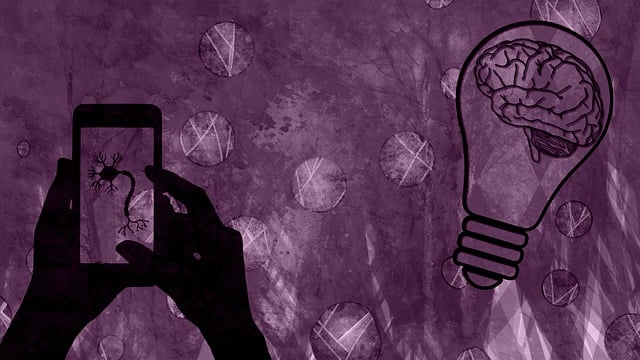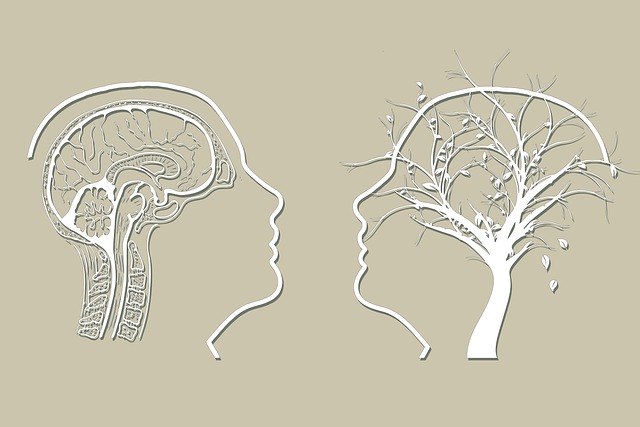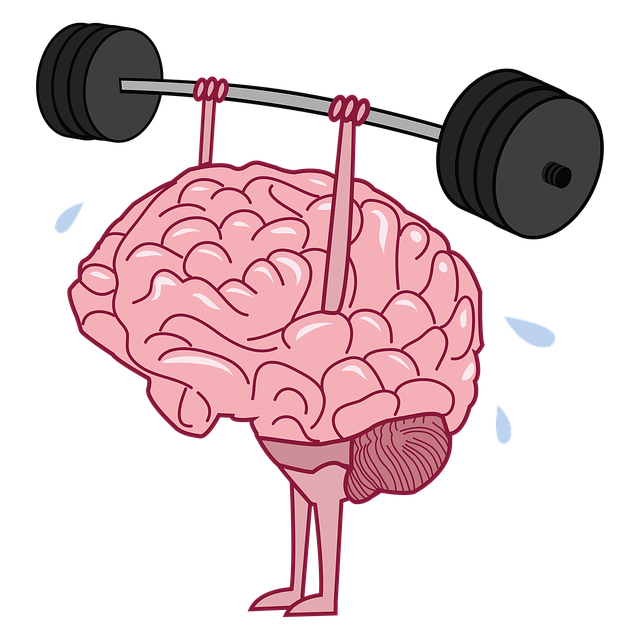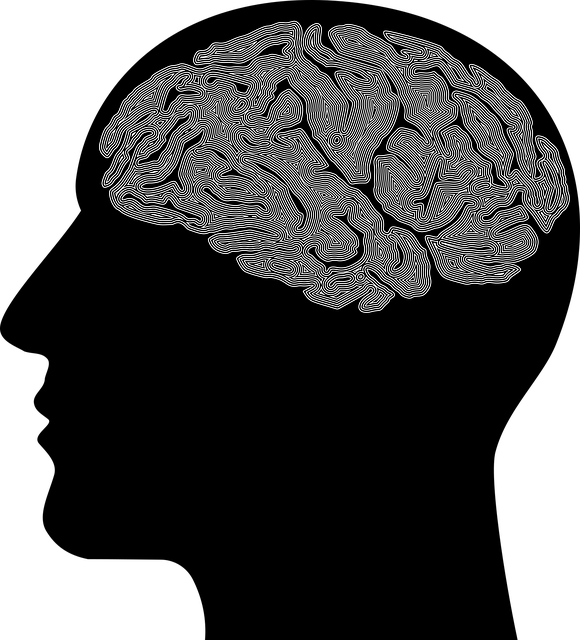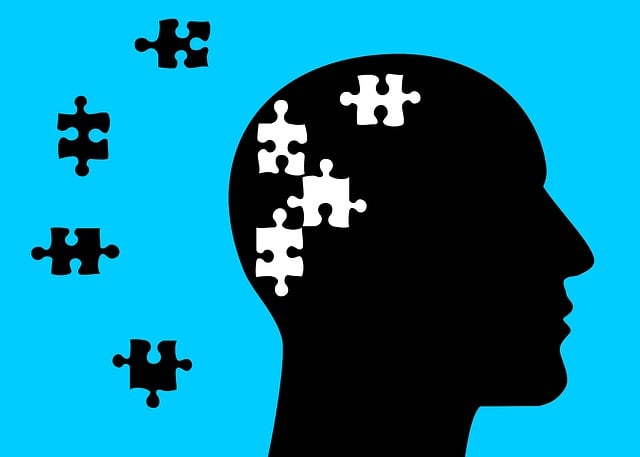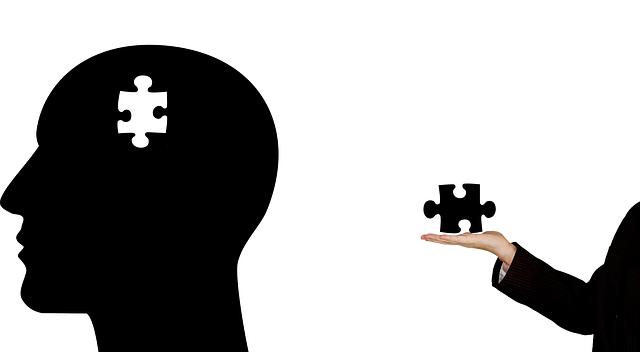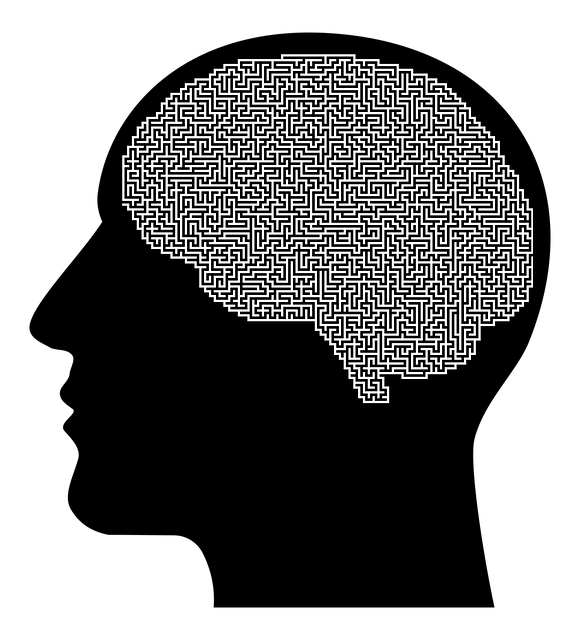Understanding Mental Illness Diagnoses guides individuals through the complex process, emphasizing qualified professionals' comprehensive assessment methods and the importance of accurate diagnoses for effective treatment planning. This includes evidence-based practices, medication management, self-care routines, and trauma support services, tailored to diverse populations' needs. Centennial Psychosis Therapy offers a holistic approach, combining individual therapy, group sessions, and self-care practices to empower clients with emotional regulation tools for managing severe symptoms like hallucinations and delusions while fostering fulfilling lives. With compassionate care, personalized support, and robust resources, recovery outcomes significantly improve at Centennial Psychosis Therapy.
Mental illness diagnosis and treatment navigation can be a complex, daunting journey. This comprehensive guide aims to illuminate the process, offering insights into understanding mental health conditions like Centennial Psychosis. We explore various therapy options for this unique disorder, emphasizing their role in effective management. Additionally, we provide a detailed overview of support systems and resources available to facilitate recovery. By the end, readers will be equipped with knowledge to navigate their mental health journey with confidence and clarity.
- Understanding Mental Illness Diagnoses: Unveiling the Process
- Navigating Treatment Options: A Comprehensive Guide
- The Role of Therapy in Centennial Psychosis
- Support Systems and Resources for Effective Recovery
Understanding Mental Illness Diagnoses: Unveiling the Process

Understanding Mental Illness Diagnoses: Unveiling the Process
Navigating mental illness diagnoses can be a complex and often daunting task for individuals seeking support. The process involves a thorough assessment by qualified healthcare professionals, utilizing various tools and methods to gain insight into a person’s psychological well-being. This may include detailed interviews, standardized questionnaires, and observations to accurately identify symptoms, their severity, and potential underlying causes. A comprehensive evaluation ensures that the diagnosis aligns with established criteria from reputable mental health organizations, such as the Diagnostic and Statistical Manual of Mental Disorders (DSM).
Centennial Psychosis Therapy recognizes the importance of this diagnostic journey, which is often the first step towards effective treatment planning. By fostering a supportive environment, healthcare providers can guide patients through this process, ensuring they feel heard, validated, and empowered to take charge of their mental health. This involves not only diagnosing but also educating individuals about their condition, promoting self-awareness, and encouraging open communication—all crucial elements in the quest for improved mental well-being and Burnout Prevention Strategies for Healthcare Providers. Additionally, Healthcare Provider Cultural Competency Training plays a vital role in ensuring diverse populations receive culturally sensitive care, enhancing access to Mental Health Awareness initiatives.
Navigating Treatment Options: A Comprehensive Guide

Navigating treatment options can be a daunting task when facing mental illness. It’s essential to understand that there isn’t a one-size-fits-all approach, and finding the right fit for your needs is crucial. This comprehensive guide aims to empower individuals to make informed decisions about their journey towards recovery. By exploring various therapeutic modalities, such as Centennial Psychosis Therapy, you can uncover tailored solutions. This process involves delving into different evidence-based practices, learning about medication management, and gaining insights into the importance of self-care routine development for better mental health.
In addition to personal exploration, accessing Trauma Support Services can be a game-changer for many. These services offer specialized care, addressing underlying trauma often associated with mental health disorders. Burnout prevention strategies for healthcare providers are also vital, as supporting others can take an immense toll. By combining these elements, individuals can navigate treatment options effectively and embark on a path towards improved well-being.
The Role of Therapy in Centennial Psychosis

Centennial Psychosis, a complex mental health condition characterized by prolonged periods of severe symptoms, benefits immensely from therapy as a core component of its treatment regimen. This form of psychotherapy provides individuals with tools to navigate their emotional landscape and regain control over their lives. Through tailored therapeutic interventions, patients can learn effective coping strategies for managing symptoms like hallucinations, delusions, and disorganized thinking—all hallmarks of Centennial Psychosis.
The process often involves a multidisciplinary approach combining individual therapy, group sessions, and self-care practices to foster emotional regulation. Crisis intervention guidance is also integral, helping individuals de-escalate during acute episodes and develop strategies to prevent future crises. By addressing underlying causes, improving communication, and enhancing problem-solving skills, therapy empowers those affected by Centennial Psychosis to lead fulfilling lives while managing their condition effectively.
Support Systems and Resources for Effective Recovery

Navigating mental illness can be a daunting task, but access to robust support systems and resources significantly enhances recovery outcomes. At Centennial Psychology Therapy, we understand that healing is more effective when surrounded by care. Our comprehensive approach includes individual therapy sessions tailored to each client’s unique needs, alongside group support groups fostering a sense of community and shared understanding. By connecting individuals with trusted resources and instilling coping strategies, our specialists empower clients to manage their mental health effectively.
In addition to our core services, we offer crisis intervention guidance for acute situations, ensuring immediate assistance when needed. We also actively promote community outreach program implementation, collaborating with local organizations to expand support networks. Mood management techniques are a cornerstone of our treatment, teaching individuals coping mechanisms to regulate emotions and prevent relapse. Through these holistic strategies, we aim to create a supportive ecosystem that fosters growth and well-being for every client.
Mental illness diagnoses and treatment navigation can be complex, but with the right resources, individuals can find their path to recovery. By understanding the diagnostic process, exploring comprehensive treatment options, and leveraging therapy specifically tailored for conditions like Centennial Psychosis, those affected can access effective support systems and resources. Embracing these tools empowers folks on their journey towards improved mental well-being.



